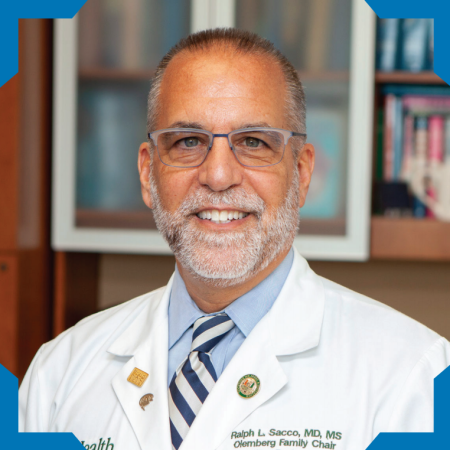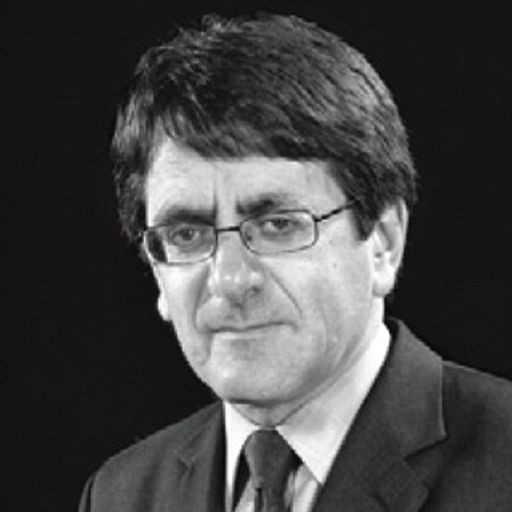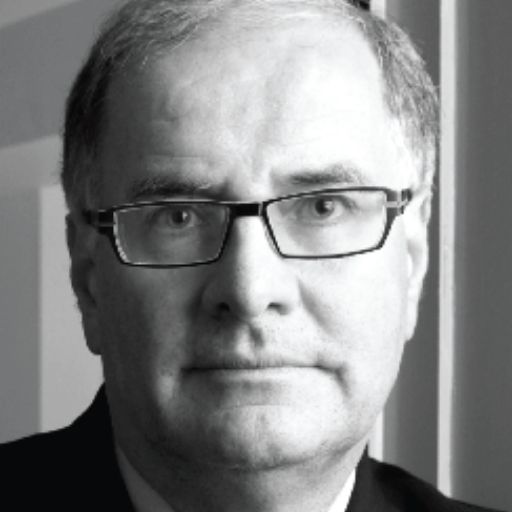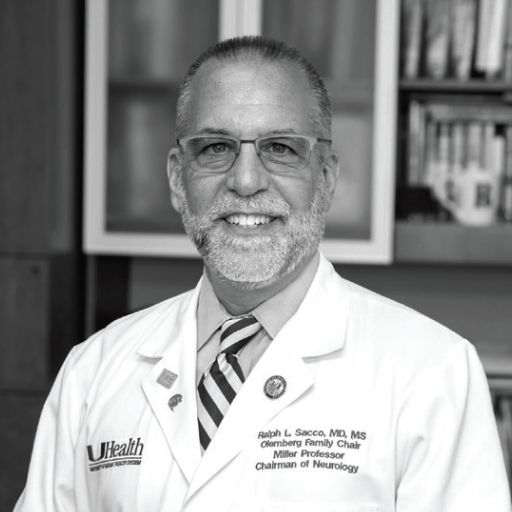2020

Year 40

Prof. Ralph L. Sacco, MD, MS, FAHA, FAAN
Professor and Olemberg Chair of Neurology
Miller School of Medicine, University of Miami, USA
PREVENTING STROKE AND MAINTAINING BRAIN HEALTH IN 2020
Stroke continues to have a major impact on the public health of developed
and developing nations and is predicted to increase as our populations age.
Ranking among the leading causes of death, stroke is far more disabling
than fatal and results in enormous costs measured in both health-care
dollars and lost productivity. Dementia is also a rising threat to our aging
populations. There are plausible models for pathophysiological shared
pathways for stroke and dementia. Threats to brain health comprise a
broader range of conditions and clinical outcomes, including stroke,
dementia, vascular cognitive impairment, cognitive aging, and vascular
functional impairment. Subclinical markers of vascular brain injury detected
by MRI (white matter hyperintensities, covert brain infarctions, cerebral
microbleeds, perivascular spaces, cortical atrophy) are determinants of
stroke, cognitive impairment, and dementia. Reports from the Northern
Manhattan Study have demonstrated that multiple vascular risk factors are
predictors for stroke, cognitive impairment, and subclinical markers of
vascular injury. Key risk factors for stroke include blood pressure, glucose,
cholesterol, as well as behaviors such as smoking, physical activity, obesity,
and diet and define ideal cardiovascular health. Inflammatory and immune
pathways may also be novel determinants of impaired brain health. The
broader concept of brain health has resulted in a conceptual shift from
vascular risk factors to a multi-dimensional view of the determinants of brain
health. Enhanced adherence to the goals recommended by national and
international organizations to shift more of the population to ideal
cardiovascular health will be necessary to successfully prevent stroke and
maintain brain health for our aging populations. Our neurological
profession needs to fully embrace the importance of preventive neurology
as a critical opportunity to improve the lives of our patients, families and the
communities we serve.










